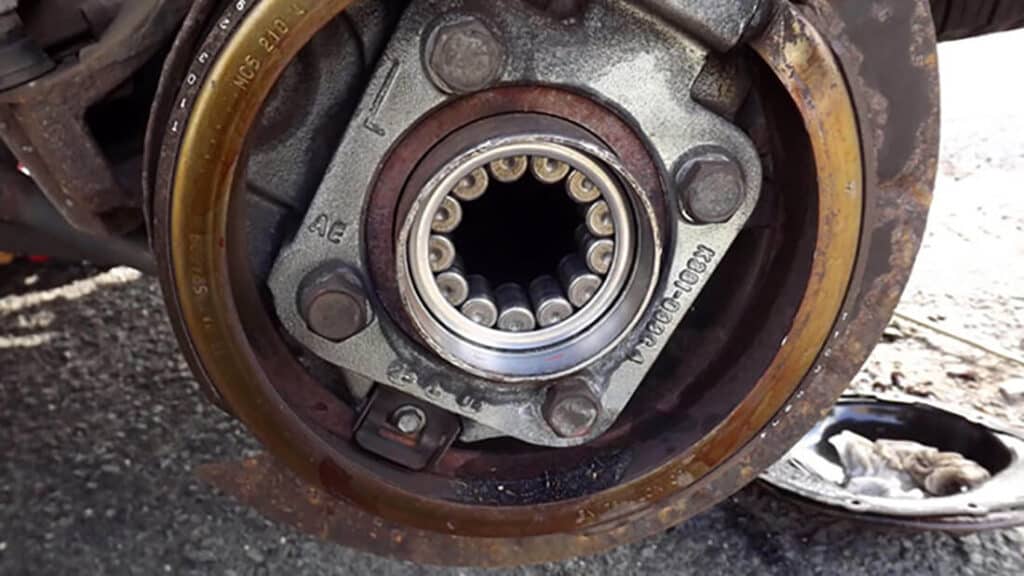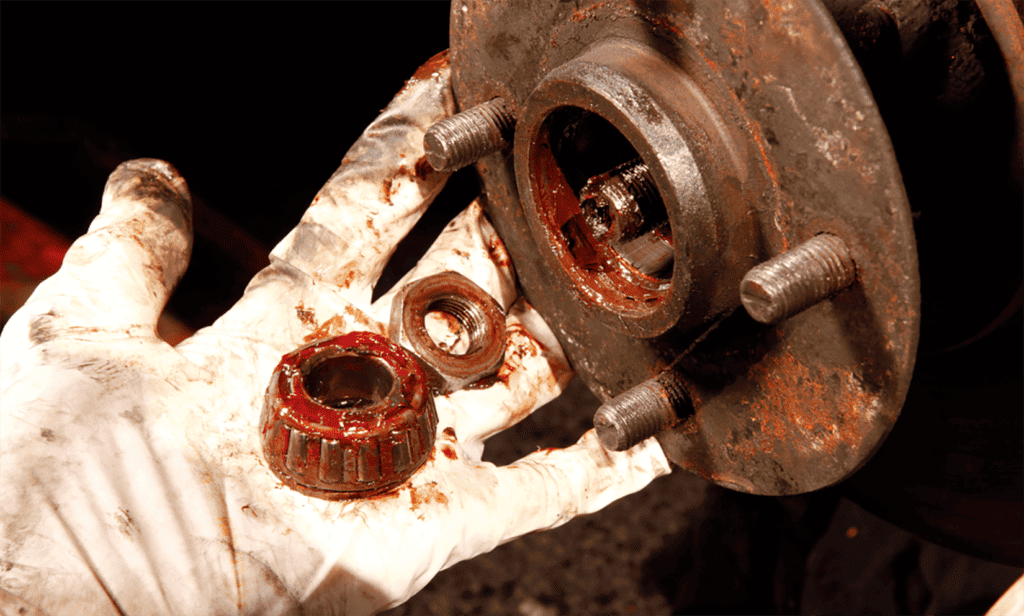Introduction
What keeps your vehicle rolling smoothly and silently on the road? The answer is simple – wheel bearings. These crucial mechanical components bear the brunt of the car’s weight while reducing friction between moving parts. But as indispensable as they are, wheel bearings often fall victim to negligence. Regular maintenance can spell the difference between a constant purr and a loud growl from your wheels. This article explores why it’s essential to maintain your wheel bearings and how to do so to ensure they are always in prime condition.
The Importance of Wheel Bearing Maintenance
Maintaining your wheel bearings is vital for several reasons. First, they directly impact your vehicle’s performance and safety. Poorly maintained wheel bearings can cause noise, vibration, and even loss of wheel control. Second, regular maintenance can prolong the life of your wheel bearings, saving you from costly replacements. Lastly, well-maintained bearings can improve your vehicle’s fuel efficiency by reducing friction and ensuring smoother movement.

The Golden Rules: 3 Important Guidelines for Bearings
1. Regular Inspection: Regularly check your wheel bearings for signs of wear and tear. This includes abnormal noises, vibrations, or loose wheels. Routine inspections allow for early detection of problems, potentially saving you from more severe issues down the line.
2. Proper Lubrication: Wheel bearings require adequate lubrication to minimize friction and prevent overheating. Use high-quality, high-temperature grease and ensure it’s applied evenly and adequately.
3. Professional Servicing: While basic maintenance can be done at home, it’s essential to have your wheel bearings professionally serviced periodically. Professional mechanics have the tools and expertise to handle more complex issues and ensure your bearings are in optimal condition.
Identifying the Enemies: What Wears Wheel Bearings?
Rough Terrains: Regularly driving on rough, uneven roads can put undue stress on your wheel bearings. The constant jarring and vibration can accelerate wear and tear, leading to premature failure.
Heavy Loads: Overloading your vehicle places extra pressure on the wheel bearings. This excessive load can wear down the bearings over time, reducing their effectiveness and lifespan.
Water and Dirt Exposure: Wheel bearings are typically sealed to prevent contamination. However, driving through deep puddles or muddy conditions can cause water and dirt to seep into the bearings. Over time, this can lead to rusting and corrosion, damaging the bearings.
Lack of Regular Maintenance: Just like any other mechanical component, wheel bearings need regular care. Without proper maintenance, which includes regular cleaning and lubrication, your wheel bearings can deteriorate faster, leading to potential issues down the line. Regular check-ups and timely replacements are key to keeping your wheel bearings in top condition.
Preventive Measures: How to Avoid Bad Wheel Bearings
To keep your wheel bearings in optimal condition, preventive measures can make a world of difference. Regular inspection is key to detecting potential issues before they become more significant. During these checks, listen for unusual sounds such as humming, rumbling, or growling that might originate from the wheels. These noises often hint at bearing issues. Additionally, uneven tire wear or unusual vibrations when driving can also be signs of wheel bearing distress. Make sure to address these issues promptly, ensuring the problem doesn’t escalate and lead to more costly repairs down the line.
Another important factor to consider is your driving environment. If you regularly drive through water or on unpaved roads, your wheel bearings could be at risk. Moisture and dirt can enter the bearing assembly, leading to corrosion and wear over time. To prevent this, have your wheel bearings checked and cleaned more frequently if your vehicle is regularly exposed to these conditions. Similarly, overloading your vehicle can exert excessive stress on your wheel bearings, hastening their wear. Always adhere to your vehicle’s weight capacity guidelines to avoid unnecessary strain on these vital components. With these preventive measures in place, you can effectively prolong the life of your wheel bearings and maintain a smoother, safer driving experience.
Extending Bearing Life: Tips and Techniques
Regular maintenance is a critical component of extending the lifespan of your wheel bearings. You can ensure the longevity of these components by inspecting and servicing them at regular intervals, as recommended by your vehicle manufacturer. This process often involves cleaning the bearings and repacking them with high-temperature automotive grease. Grease acts as a lubricant, reducing friction between the moving parts of the bearing and preventing premature wear and tear. It’s also essential to replace the bearing seals during this service, as they play a vital role in keeping out contaminants that can accelerate bearing degradation.
Additionally, modifying certain driving habits can significantly contribute to prolonging your wheel bearings’ lifespan. Avoid driving on rough, unpaved roads, which can cause excessive vibration and strain on your bearings. Try not to overload your vehicle, as the added weight can put extra stress on the bearings. It’s also advisable to avoid driving through deep water or mud whenever possible, as this can lead to contamination of the bearings. Prompt attention to any unusual noises or changes in your vehicle’s handling can also be instrumental in preventing small issues from escalating into more serious problems. By incorporating these techniques into your regular vehicle maintenance routine, you can help ensure that your wheel bearings last as long as possible.

Performance Impact: How Wheel Bearings Affect Your Drive
Wheel bearings play a significant role in the overall performance of your vehicle. Well-maintained bearings ensure a smooth and quiet ride. They allow your wheels to rotate with minimal friction, enhancing your car’s responsiveness and fuel efficiency. On the other hand, worn-out or damaged bearings can cause vibrations, noise, and even loss of wheel control, making your drive uncomfortable and unsafe.
Conclusion
In the grand scheme of automotive care, wheel bearing maintenance may seem insignificant. But neglecting this small component can lead to big problems. By understanding the role of wheel bearings and implementing regular maintenance, you can enhance your vehicle’s performance, ensure your safety on the road, and save money in the long run. Remember, in the world of automobiles, it’s often the smallest parts that make the biggest difference.
